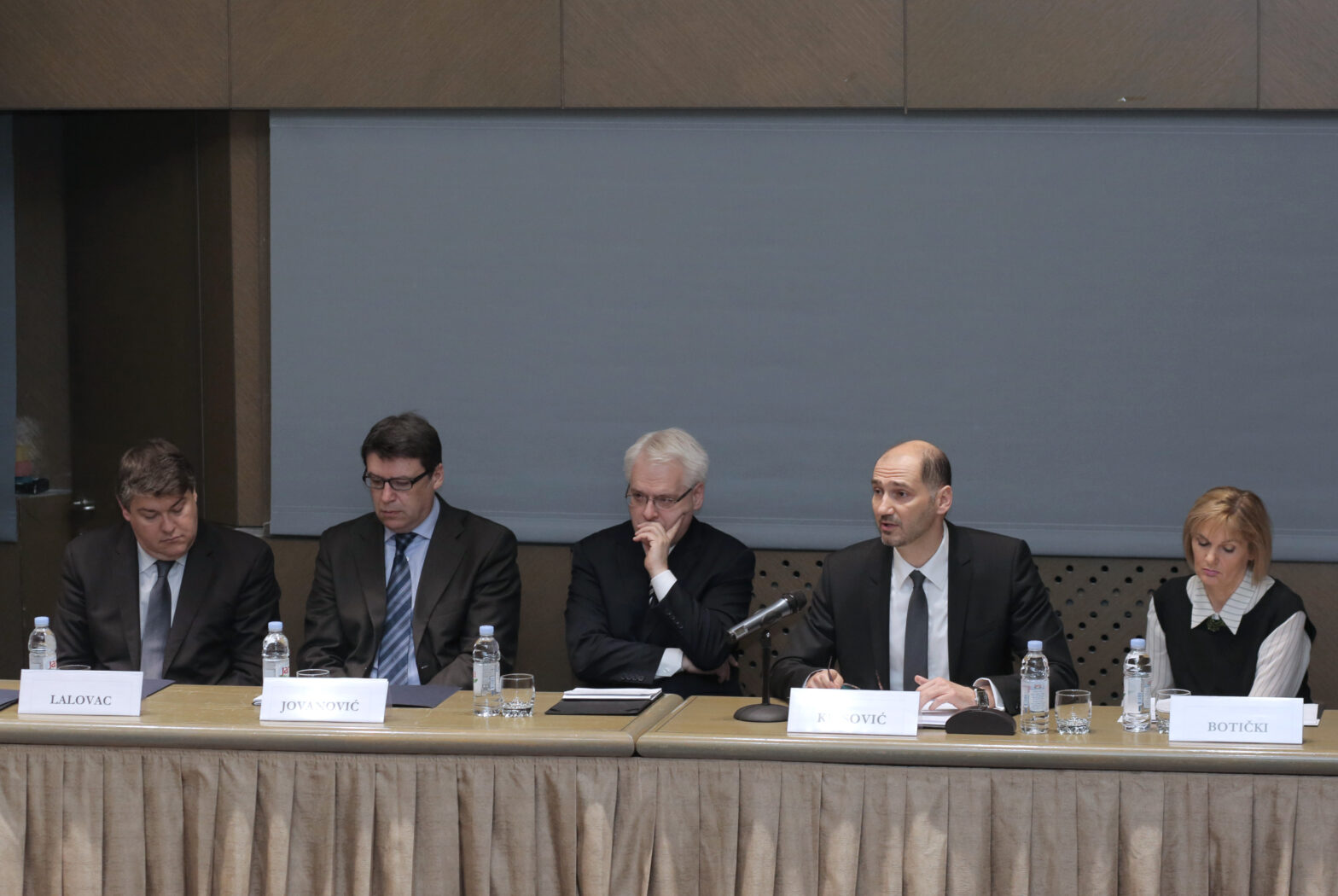Croatian President Ivo Josipovic said on Wednesday the international Open Government Partnership (OGP) initiative opened the door to a new and different democracy in which the public was more involved in decision-making and had greater expectations of those in power.
“A society which is not ready for openness will be a stagnating society,” he said at the Open Croatia conference. Through cooperation between governments and civil society, OGP promotes reforms aimed at achieving a more open and more responsible government. It was launched by US President Barack Obama in 2011.
Croatia is one of the 63 member states. In April 2012, its government adopted an action plan to implement reforms in fiscal transparency, information access, use of information technologies, and participation of citizens and civil society. Croatia’s action plan was assessed as one of the five best plans and its implementation is above-average, which Josipovic said was reason to believe that Croatia could accept new forms of democracy.
OGP is important because it offers the participation of citizens and organisations in public policies and adoption of laws as well as in watching how the state administration spends money, Josipovic said. “The initiative should be the driver and the interface for efficient state activity.” He said many investors “despair over the irrational procedures” to obtain various permits, and that archives and data bases in the state administration must be functional and not useless. OGP is a strong tool in the fight against corruption, as evidenced by the trials under way, he added.
The government is here because of the citizens
Nobody will completely stamp out corruption but the relationship of the public and the authorities towards it has significantly changed, Josipovic said. “Nobody is capable of reversing the trend that corruption is unwelcome.” The chair of the government’s OGP Council, Josko Klisovic, said OGP encouraged reforms to make the government more transparent and responsible. “The government is here because of the citizens.”
Science and Education Minister Zeljko Jovanovic said open government was a framework that must be ensured for “a society of equal opportunities” and that education was one of the ways of doing it. He said civil education would be introduced in elementary and secondary schools as of the next school year to teach pupils to develop an entrepreneurial spirit, be more active in problem-solving, and learn more about laws, rights, responsibilities, and patriotism.
Assistant Finance Minister Boris Lalovac said the ministry would start checking the payment deadlines in ministries and state enterprises, and the findings will be published in May. He underlined the importance of amendments to the tax law because they enabled publishing a list of debtors, adopting a law on the transparent flow of public funds and a bill on the finances of non-profit organisations.
Lalovac said all those regulations would provide for a better transparency of public finances, which he said was the basic prerequisite for attracting foreign investors. Assistant Public Administration Minister Jagoda Boticki said a public administration development strategy, aimed at providing citizens with a modern, open and helpful state administration, would be up for public debate in April.
